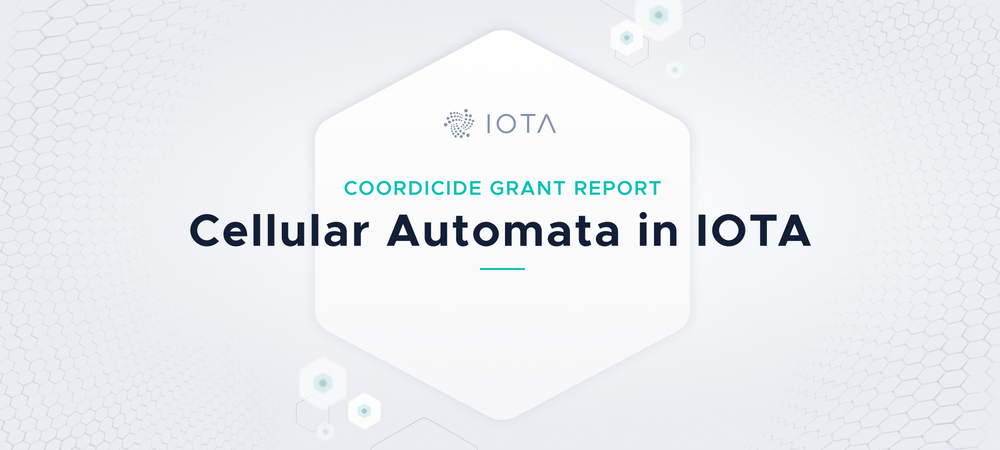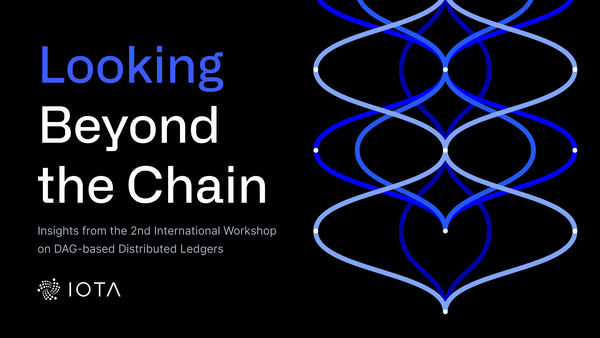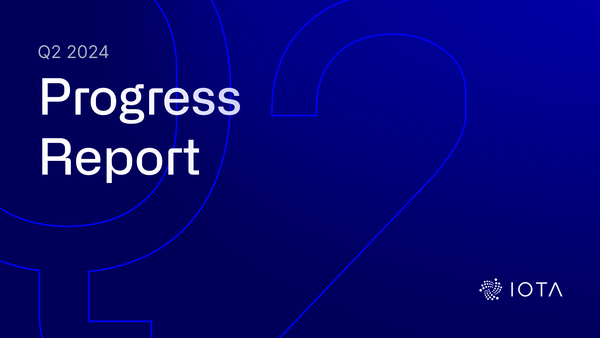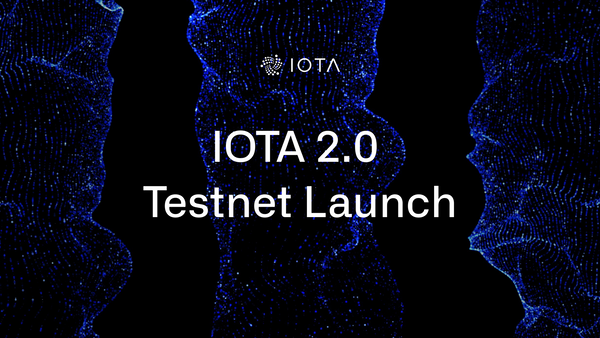Announcing a Coordicide Grant on Cellular Automata in IOTA
We are thrilled to announce that work has now begun on a grant designed to extend IOTA’s consensus mechanism. Dr. André Vilela and Dr. Kenric Nelson will be working on the project “Majority Vote Dynamics for IOTA Transaction Consensus” as part of our Coordicide Grant program.

Dr. Vilela is an Associate Professor and Director of Materials Physics undergrad program at the Universidade de Pernambuco, and Distinguished Visiting Scientist at the Center for Polymer Studies at Boston University. He has investigated the dynamics of interacting agent-based models in statistical mechanics, combining phase transitions, critical phenomena, and finite-size scaling analysis with sociophysics, econophysics, and complex network theory. His research focuses on unveiling the underlying mathematical mechanisms that drive the behavior of agents in groups within social networks and financial markets, and how their decisions promote active collective phenomena.

Dr. Nelson is President of Photrek, LLC, which provides engineering services in machine intelligence, blockchain digital assets, and complex systems. He has previously served as Research Professor at Boston University, where he developed innovations in complex decision systems. He also served as Sr. Principal Engineer at Raytheon, where his information fusion inventions became an integral part of the Raytheon radar discrimination algorithms. His research focuses on applying information theory and complex system analysis to the design and development of intelligent machines.
One major purpose of the Coordicide Grant program is to encourage engagement in “over the horizon” research on future developments for the IOTA protocol. Dr. Vilela and Dr. Nelson’s grant deals with this exact topic: the “tricky to prove” Cellular Automata (CA) consensus approach. As we have described previously, CA is difficult to analyze, but it has great potential because of its speed and communication efficiency. Since the IOTA team is very busy delivering Coordicide, we are excited to sponsor this important research to these esteemed scientists.
The research in this grant aims to run Cellular Automata simulations in order to measure the agreement and termination rates. This grant work includes the creation of a model that accurately captures the particular aspects of our Distributed Ledger Technology. In essence, these simulations test whether or not CA is viable. We expect this work to be fundamental to our future extension of IOTA to include CA as an additional consensus mechanism.
On collaborating with IOTA:
We are enthusiastic about contributing to the advance of third-generation digital assets by simulating and analyzing innovative approaches to achieving secure consensus.
We are enthusiastic about contributing to the advance of third-generation digital assets by simulating and analyzing innovative approaches to achieving secure consensus.
You may enjoy taking a look at the grant proposal. We look forward to seeing the results of the study and sharing them with the community as soon as they are available. As always, you can stay up to date with the IOTA Research Team by visiting IOTA.cafe, or by swinging by #tanglemath in our Discord.




